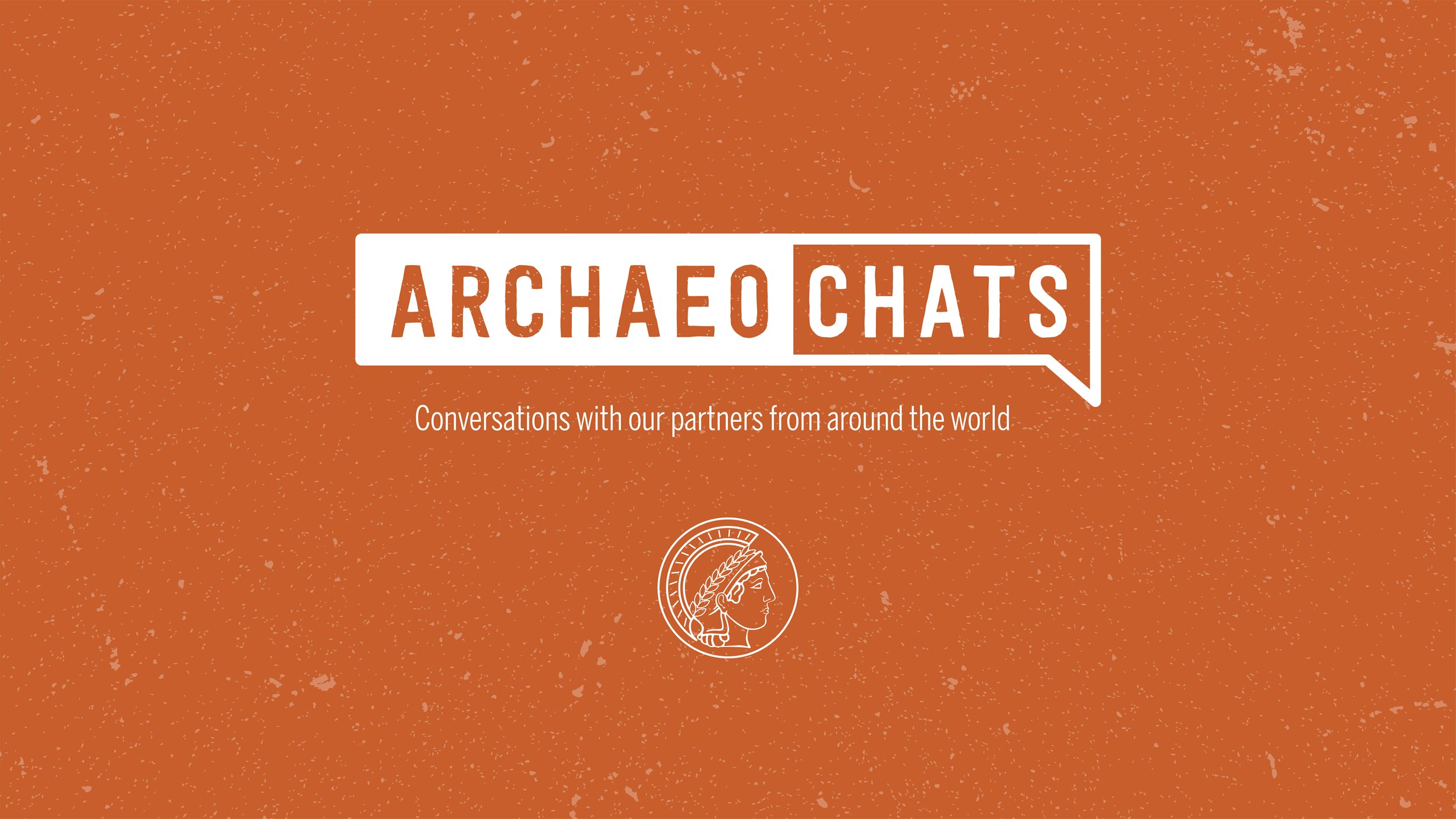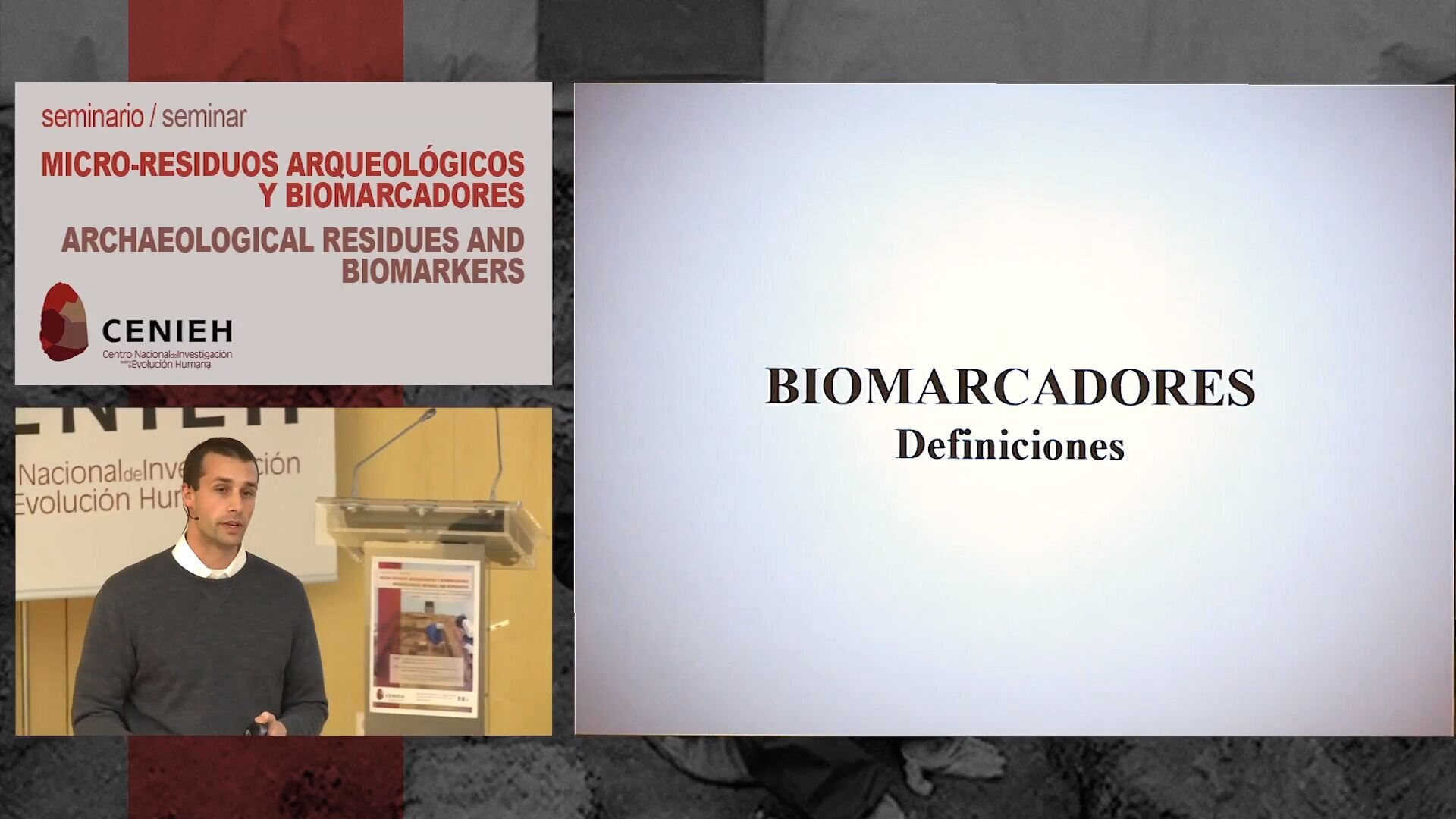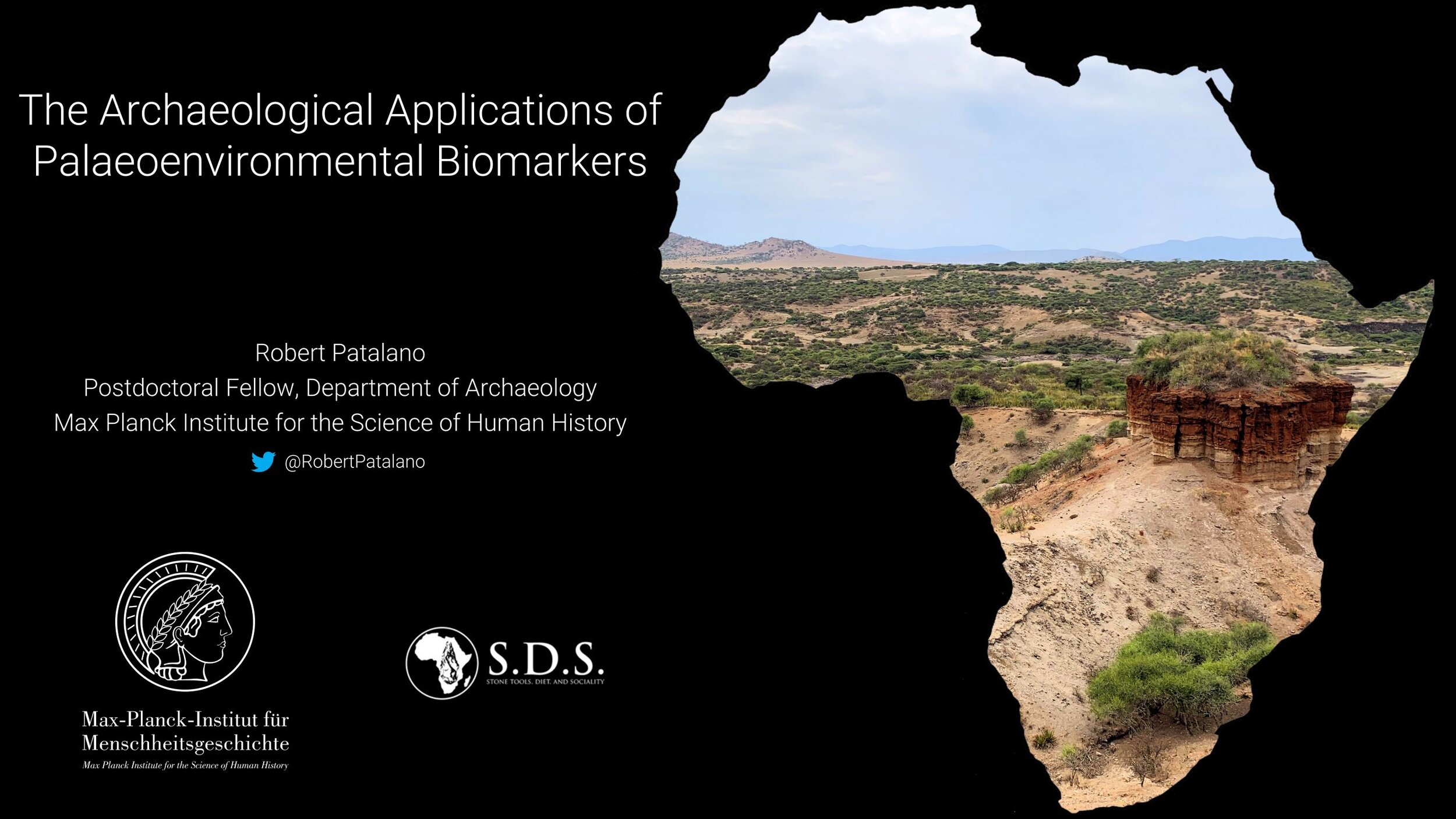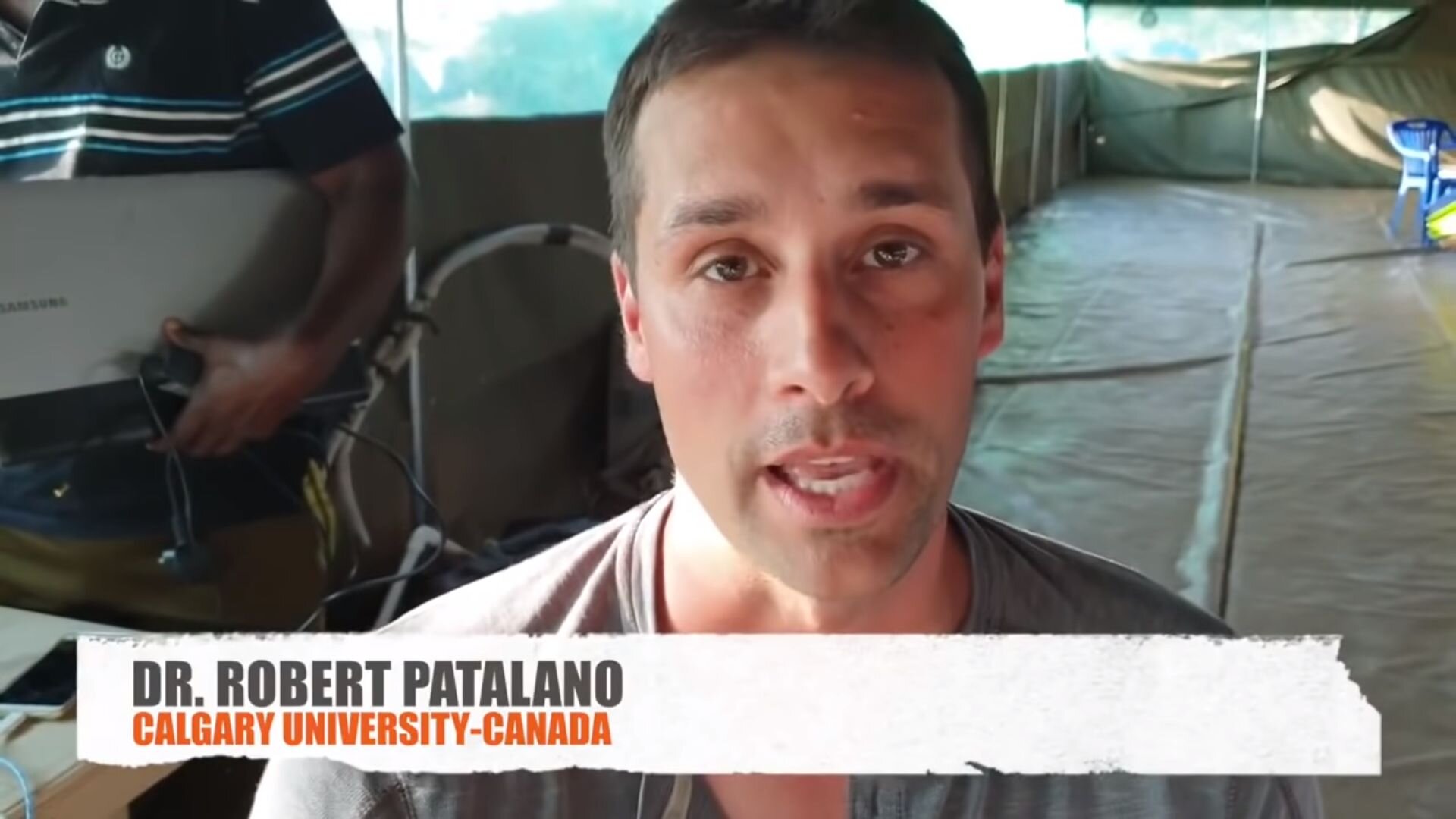KNOWLEDGE MOBILITY
Discussing archaeological biomarker research with employees of the Oldupai Gorge Site Museum, 2017. Photo by Lisa Tillotson, University of Calgary.
The international aspect of my research builds capacity through cross-disciplinary training, community educational engagement, and greater access to scientific resources for my colleagues in the countries in which I work. Much of this has included strengthening existing collaborative networks with the University of Dar es Salaam and the Arusha Natural History Museum to promote sustainable paleoanthropological research in Tanzania, but also with local Maasai communities of Oldupai Gorge. I have assisted in the successful PhD applications of four Tanzanian students and supported a close Tanzanian colleague with obtaining an Africa Mobility Grant from the Max Planck Society to travel to Jena, Germany and conduct laboratory analyses and develop new paleoenvironmental reconstruction techniques for his research. I was also a referee for his application to an African Humanities Program Postdoctoral Fellowship through the American Council of Learned Societies, which was just recently awarded.
I also train undergraduate and graduate students from Zimbabwe, Tanzania, China, the United States, Germany, and Canada in archaeological field methods, laboratory protocols, data analysis, and scientific writing. For example, at the Maunganidze site in Zimbabwe, field training programs include traditional excavation and survey techniques, use of a total station, stratigraphic profiling, and artifact identification. One of the major goals of this project was to train students so that they could one day lead their own excavations at archaeological sites in their home country.
STORYMAPS
I find ArcGIS StoryMaps to be a fantastic tool for sharing information and updates on research projects to a wide audience. The ability to tell stories that combine maps, images and other graphics, videos, music, and more into an interactive narrative is an excellent way to be informative and create awareness of different scientific research topics that cannot be done with traditional peer-review publications or news articles.
As part of my Bryant’s Center for Teaching Excellence 2023-2024 Faculty Innovation Grant, I created a virtual road trip through Yellowstone National Park. Many students may not have yet had the chance to travel to such wilderness areas and therefore, this StoryMap allows students to virtually travel to the park and increase their appreciation of such natural spaces. This content is essential in highlighting the ways in which the environmental sciences are relevant to business majors and showcases my effort in finding new tools for successful situational learning.
With help from my students, we also created a StoryMap for our research project in the Usambara Mountains of Tanzania. The Usambara Afromontane Forest ecosystem is a global biodiversity hotspot that hosts highly rich and diverse plant and animal communities of endemic species. Our StoryMap highlights our 2022 field season, in which we visited and surveyed 22 rockshelters and 6 open-air sites across the East and West Usambara Mountains and collected 35 ecological baseline samples along 4 altitudinal transects. We uncovered over 400 artifacts and geofacts, including a quartz biface and Levallois or discoidal preferential flake, Iron Age pottery, and carnelian beads likely originating in Southeast Asia.
SUBSTACK
I decided to start a Substack so I can write a bit more informally about archaeology and human evolution, and provide some more background on some of the projects and research in which I am involved. I try and update the newsletter periodically, and mostly focus on my archaeology projects, climate change, and higher education.
IN THE NEWS
Out of this world: Should space junk cleanup be added to the United Nations’ SDG goals?
At the forefront of a critical movement: Bryant launches Sustainability and Climate Action program.
Colleges are reducing food waste through composting. Rhode Island cities and towns should, too.
Studying lake deposits in Idaho could give scientists insight into ancient traces of life on Mars.




